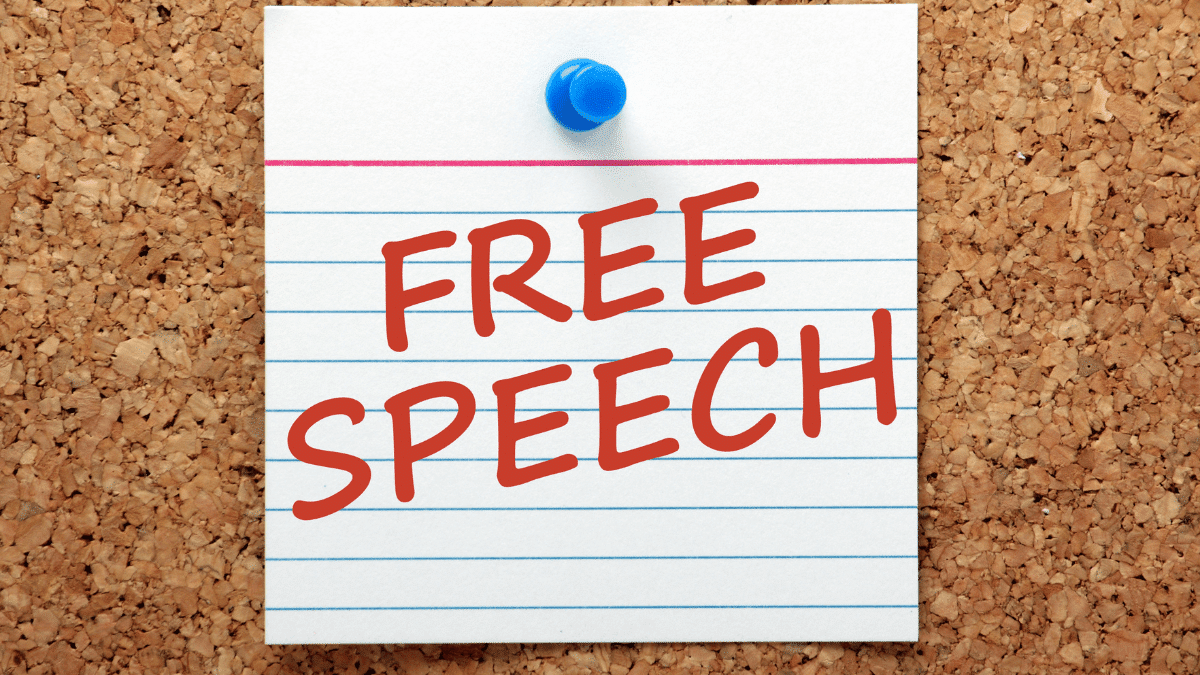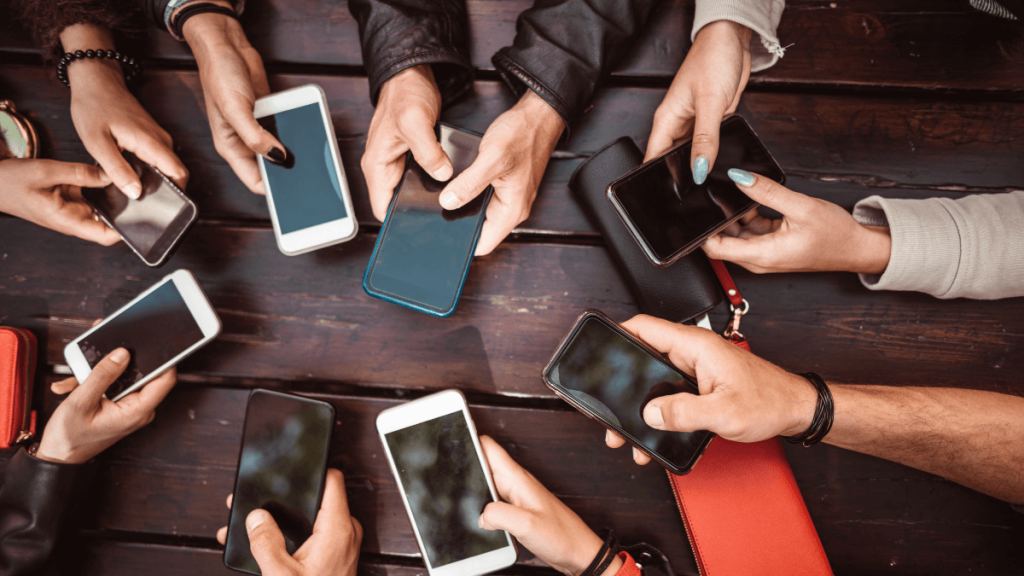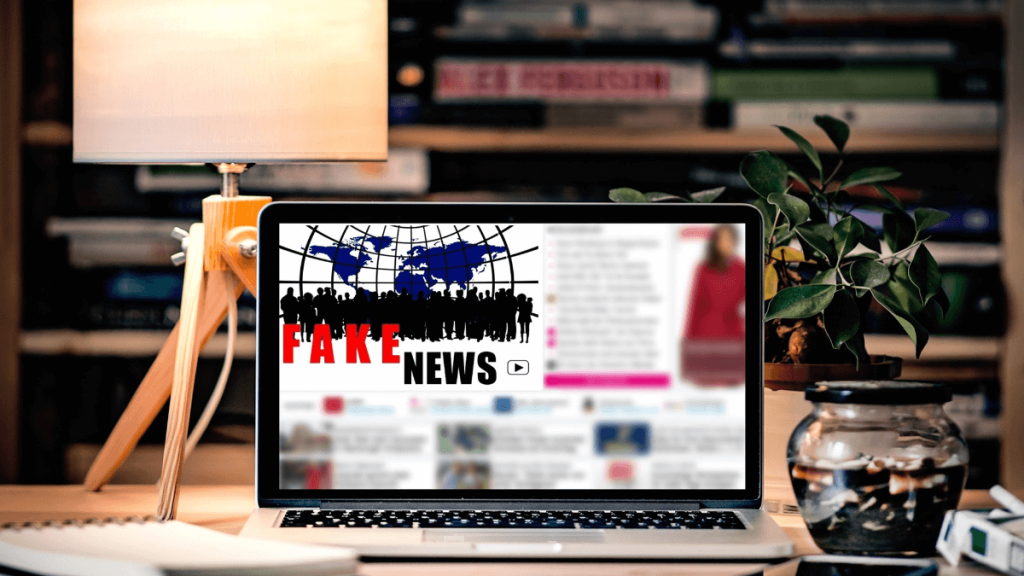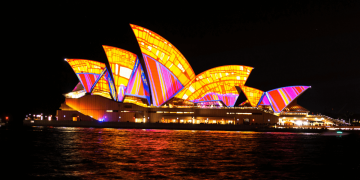Trolls & Truth Down Under: Free Speech in Australia

The internet has revolutionized the way we interact socially and exchange ideas. An unprecedented forum for public discourse has opened up in Australia thanks to the proliferation of platforms such as Reddit, Facebook, X (previously Twitter), and TikTok. However, there is a fine line to walk with this digital megaphone: how far can one go in their free speech without also assuming some degree of online responsibility?
The problem of free speech in online Australian discourse is more important than ever before due to the increasing number of online debates among Australians. These debates can be about politics, social issues, or popular culture. A lot of people are wondering, given that free speech is a democratic principle, how we can keep people safe while also preventing the spread of false information, hate speech, trolling, and harassment on the internet.
The cultural, ethical, and legal hurdles that Australians face while attempting to exercise online responsibility and free speech are discussed in this article.
The Legal Landscape of Free Speech Online in Australia
Australia lacks a clear constitutional right to free speech unlike the United States. Rather, what we have is an implied freedom of political expression, a concept evolved in response to High Court decisions bolstering Australia’s democratic system.
Practically, this means that although there are restrictions, Australians can generally convey their opinions—especially on political issues. Laws exist to protect against:
- Defamation
- Racial and religious vilification
- Harassment and threats
- Misinformation during elections
- Distribution of harmful content (e.g., child exploitation, terrorist material)
These rules govern both outside and online, and courts have decided repeatedly that social media in Australia is not a lawless zone. Even if you are merely forwarding or sharing someone else’s message, you may be held legally liable for defamatory or damaging material you publish.
This has set off discussions on digital literacy, censorship, and whether Australia’s laws reflect how people interact in a hyperconnected society.
Social Media in Australia: The Modern-Day Town Square

Public debate now mostly uses social media as the forum. From grassroots action and political campaigns to celebrity takedowns and hot memes, Australians are embracing platforms like TikHub, Instagram, Facebook to make their views known.
Still, these platforms—owned by multinational digital behemoths—are frequently run under American policies. Meta or X might encourage a “free speech” mentality, but Australian users still have to negotiate platform-specific policies and often arbitrary or contradictory state legislation.
The Australian High Court decided in 2021 that media outlets might be held accountable for defamatory remarks that members of their Facebook pages post. This case served as a wake-up call, stressing to publishers, influencers, companies, as well as for individuals the need of online responsibility in Australia.
Moderating comment sections suddenly became not only a good habit but also a legal need.
Free Speech vs. Harmful Speech: The Misinformation Dilemma
The dissemination of false information and disinformation marks a central conflict in the digital age. False content moves quicker than ever before, from anti-vaccine propaganda and climate change denial to electoral manipulation.
This is not a merely theoretical issue. Australia saw firsthand how false information may affect public health during the COVID-19 epidemic. Along with platforms, the government acted to delete false information, therefore sparking discussions on freedom of expression and censorship once more.
These acts, according to some detractors, hinder reasonable discussion and limit alternate points of view. Others say that unbridled false information compromises democratic systems and threatens lives.
Therefore, can we defend free expression online in Australia without letting damaging lies go viral?
Transparency and education will probably help Australians to separate reliable information from propaganda and hold platforms responsible for the material they highlight.
Online Responsibility in Australia: A Shared Duty

Online responsibility goes beyond legislators or technology firms. It is the shared social contract.
For consumers, it means considering that their comments might affect others, reporting damaging material, and thinking before publishing. This is about realizing that the digital world has real-life effects, not about being unduly wary.
For content producers and influencers, there is extra responsibility. Your words count thousands, occasionally millions. And public opinion is shaped by what you support, whether it be a company or a political cause.
And in reference to the platforms? They must perform better. Often, leaving users perplexed and vulnerable are algorithmic prejudice, uneven moderating, and imprecise community norms. Australians should have platforms that give user safety top priority and encourage constructive communication instead of only benefiting from participation.
Cancel Culture: Justice or Digital Mob Rule?
One of the biggest flashpoints in the free speech debate is cancel culture. Some see it as a form of accountability—calling out racism, sexism, or harmful behaviour. Others argue it’s a modern-day witch hunt where careers are destroyed over a single tweet or outdated opinion.
In Australia, we’ve seen public figures, media personalities, and even politicians face backlash for comments made online. While some of this criticism is fair and necessary, it’s also led to a climate of fear. People self-censor not because they’re being thoughtful, but because they’re afraid of being “next.”
This raises important questions: Are we promoting growth and accountability, or just punishing imperfection? Are we creating room for nuanced conversation, or are we shutting it down entirely?
The key may lie in intent and context. Calling someone out for spreading hate is different from dragging someone over a badly worded joke from a decade ago. We need to differentiate between malice and misstep, and allow for people to learn and evolve.
The Role of Media and News Platforms

Traditional media outlets have a unique responsibility in shaping online discourse. In Australia, these institutions still hold considerable influence, even as trust in the media fluctuates.
When media outlets sensationalise, misreport, or publish clickbait, they contribute to the erosion of thoughtful dialogue. But when they uphold ethical standards, verify facts, and foster healthy debate, they set a benchmark for the rest of the internet.
Many journalists have become targets of online abuse, especially women, people of colour, and LGBTQ+ voices. This not only affects their well-being but also chills free expression. If the loudest voices online are the most hateful, what kind of democracy are we building?
Supporting quality journalism and standing up against online abuse isn’t just a media issue—it’s a public responsibility.
Government Regulation and the Road Ahead
Australia is taking steps to regulate the digital space. The Online Safety Act, which came into effect in 2022, gives the eSafety Commissioner broader powers to remove harmful content, especially when it affects children or involves abuse.
There are also ongoing discussions around combatting misinformation, transparency in political advertising, and digital privacy laws. While these efforts aim to make the internet safer, critics warn of overreach and potential threats to civil liberties.
Striking the right balance is tricky. Over-regulation could chill free speech; under-regulation could leave citizens exposed. The goal should be to create an ecosystem where social media in Australia promotes open discourse without tolerating abuse or manipulation.
Educating the Next Generation

If we want to build a healthier digital culture, we need to start young. Digital literacy should be a core part of the school curriculum, teaching students how to spot misinformation, engage respectfully online, and understand their legal rights and responsibilities.
Young Australians are among the most active social media users in the world. They’re shaping trends, leading conversations, and pushing for change. But they’re also navigating cyberbullying, doxxing, and the pressure to be “always online.”
Giving them the tools to critically engage with the internet is one of the best investments we can make in the future of online responsibility in Australia.
Conclusion: Reclaiming the Digital Public Square
The internet should be a place where ideas flourish, not where people are silenced or targeted. Australia stands at a crossroads in defining what free speech online really means—and what kind of digital culture we want to nurture.
It’s not enough to call for free speech. We must also call for fairness, empathy, accountability, and informed dialogue. That means holding power to account—whether it’s a politician, a tech platform, or a viral influencer.
As Australians, we need to resist the extremes—both the erosion of free expression and the flood of unmoderated harm. Somewhere in the middle is a space where robust debate, critical thinking, and community values can thrive.
And if we get it right, the future of social media in Australia won’t be defined by division and distrust, but by a shared commitment to both freedom and responsibility.






